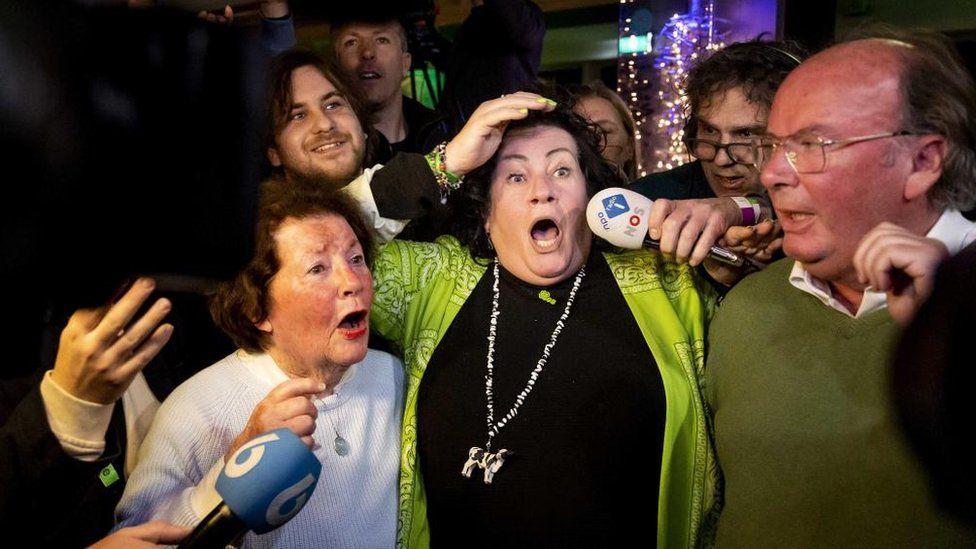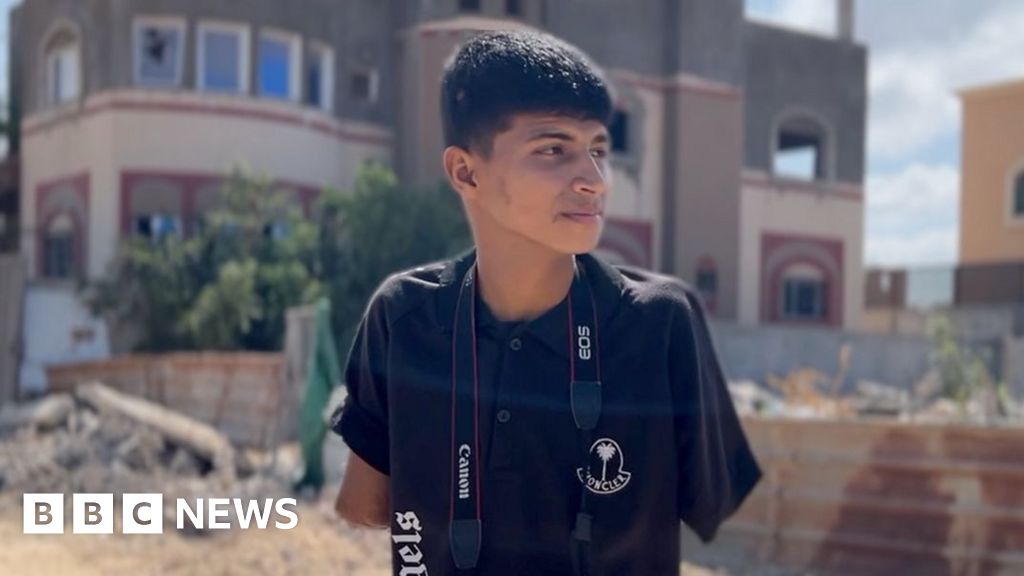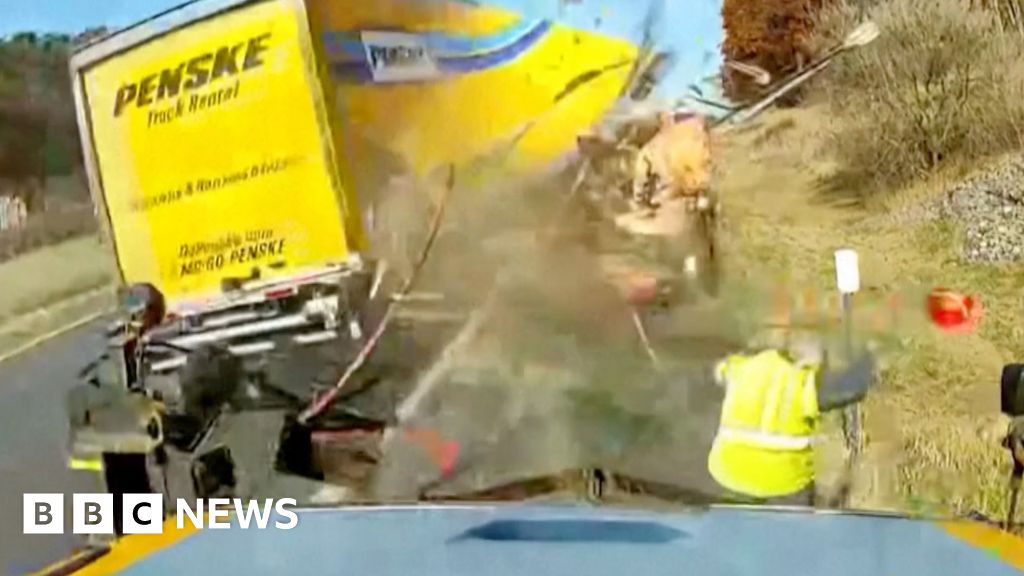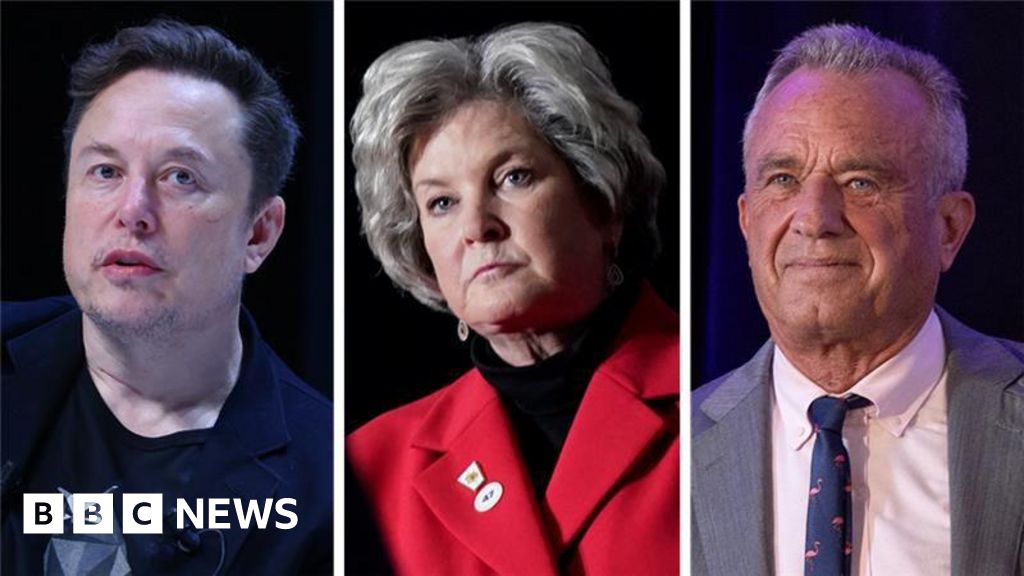ARTICLE AD BOX
 Image source, Sem van der Wal/EPA-EFE/REX/Shutterstock
Image source, Sem van der Wal/EPA-EFE/REX/Shutterstock
A stunned Caroline van der Plas said that Dutch voters had spoken
By Anna Holligan & Paul Kirby In The Hague and London
BBC News
A farmers' party has stunned Dutch politics, and is set to be the biggest party in the upper house of parliament after provincial elections.
The Farmer-citizen movement (BBB) was only set up in 2019 in the wake of widespread farmers' protests.
But with most votes counted they are due to win 15 seats of the Senate's seats with almost 20% of the vote.
"This isn't normal, but actually it is! It's all normal citizens who voted," said leader Caroline van der Plas.
The BBB aims to fight government plans to slash nitrogen emissions by dramatically reducing livestock numbers and buying out thousands of farms.
But its appeal has spread rapidly beyond farmers, on a populist platform that represents traditional, conservative Dutch social and moral values.
Shocked by the scale of their success, she told supporters that voters normally stayed at home if they lost faith in politics: "But today people have shown they can't stay at home any longer. We won't be ignored any more."
A left-wing Green-Labour alliance is also on course to win 15 Senate seats, while Prime Minister Mark Rutte's four-party coalition is poised to fall back to 24 - down eight seats.
The run-up to the vote was dominated by the sight of farmers' tractors on the streets of The Hague and outside the studio that hosted a pre-vote leaders' debate.
Standing before supporters on Wednesday night, Caroline van der Plas wore her trademark green nail polish and a ring featuring an upside-down Dutch flag, a symbol of the anti-government protests.
The daughter of an Irish mother and a Dutch father, she lost her husband Jan to pancreatic cancer as the protests took off in 2019.
Commentator Ben Coates described the result as "something of an earthquake in Dutch politics".
Although their policies are very much focused on opposing the government's environmental policies, he told the BBC most people would characterise them as a right-wing, populist party that was quite anti-EU, anti-immigration and in favour of banning burkas for Muslims.
Dutch farmers clogged up more than 1,000km during 2019's protests

 1 year ago
12
1 year ago
12








 English (US)
English (US)